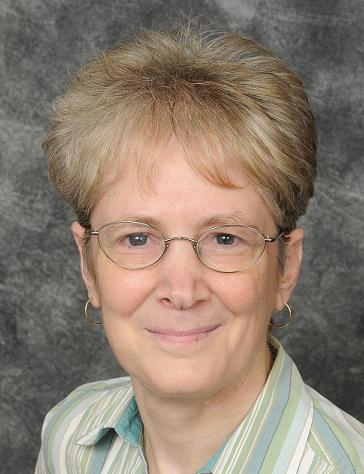| Focus on Work/Life Balance |
![PDF-NOTE: Internet Explorer Users, right click the PDF Icon and choose [save target as] if you are experiencing problems with clicking.](http://rsnonline.org/templates/rsntemplate-smallmasthead/images/pdf_button.png) |
 |
Judith Plaskow, Manhattan College
Issues of work/life balance affect all faculty members, and policies that enable people to lead more balanced lives improve the academic environment for everyone. In the course of a career, it will be a rare individual who doesn’t need time to care for children or elderly relatives, help out a sick friend, or engage in a variety of nonwork activities that feel important and renewing. At the same time, because we live in a society in which the burden of care — for both children and other family members — falls disproportionately on women, women are disproportionately affected by conflicts between family responsibilities and the demands of academic life. A survey of over four thousand faculty members at the University of California found that, while all respondents were extremely busy, women between the ages of thirty and fifty who had children were the most burdened, spending over 100 hours a week on combined professional and household responsibilities (University of California, 2). Concerns about balancing work and family constitute a key reason that women drop out of graduate school in larger numbers than men or consider leaving the academy (Society of Christian Ethics, 1). For several years now, the AAR Status of Women in the Profession Committee (SWP) has made the issue of work/life balance central to its agenda. At the AAR Annual Meeting in 2005, SWP sponsored a session entitled “Got Life?: Finding Balance and Making Boundaries in the Academy.” Five panelists, whose papers were published in the Fall 2007 issue of the Journal of Feminist Studies in Religion, considered the following topics: 1) The problematic cultural definitions of family; 2) The politics of parenting; 3) The challenges of trying to be an artist or activist and also an academic; and 4) A personal account of seeking and finding balance. In 2007, realizing that we had just begun to explore the issue, SWP recommitted itself to making resources on work/life balance available to the AAR membership and to preparing to actively advocate policies that enable people to be fruitful and committed scholars while living well-rounded lives. A number of links to useful resources on work/life balance can be found on our AAR webpage and Facebook page. In 2009, SWP sponsored a second Special Topics Forum on this issue entitled “Got Life Yet?: A Structural Analysis.” The session reflected the committee’s conviction that problems of work/life balance are structural and demand structural responses. While individual faculty members may find creative solutions to conflicts between the demands of work and their other commitments, these solutions are generally highly individualized and are often achieved at great personal cost. The purpose of the session was to contextualize what many people experience as individual difficulties and to reflect on policy changes that might allow and encourage people to be productive and committed teachers and scholars and still live sane and well-rounded lives. The panelists were not asked to write theoretical pieces but to address concrete issues of institutional change. Some of their presentations are reproduced here. In terms of next steps, the Status of Women in the Profession Committee hopes to put together a survival guide specifically on the issue of work/life balance that will deal both with personal self-care and structural “best practices.” We would like to hear from AAR members about your concerns, questions, anecdotes, successful personal strategies, or helpful or problematic institutional policies. Please feel free to be in touch with me as Chair of SWP ( This e-mail address is being protected from spambots. You need JavaScript enabled to view it ) or with any member of the committee. ReferencesSociety of Christian Ethics, “Enabling a Family-Friendly Institution: Creative Practices.” Women’s Caucus (2006): 1–7. University of California, “Faculty Family Friendly Edge: An Initiative for Tenure-Track Faculty at the University of California” (February 2005). |
 Focus on Work/Life Balance
Focus on Work/Life Balance
 Judith Plaskow is a professor of religious studies at Manhattan College and a Jewish feminist theologian who has been teaching, writing, and speaking about Jewish feminism and feminist studies in religion for almost forty years. Cofounder — and for ten years coeditor — of the Journal of Feminist Studies in Religion, she is author or editor of several works in feminist theology, including Standing Again at Sinai: Judaism from a Feminist Perspective (HarperCollins Publishers, 1991) and The Coming of Lilith: Essays on Feminism, Judaism, and Sexual Ethics 1972–2003 (Beacon, 2005).
Judith Plaskow is a professor of religious studies at Manhattan College and a Jewish feminist theologian who has been teaching, writing, and speaking about Jewish feminism and feminist studies in religion for almost forty years. Cofounder — and for ten years coeditor — of the Journal of Feminist Studies in Religion, she is author or editor of several works in feminist theology, including Standing Again at Sinai: Judaism from a Feminist Perspective (HarperCollins Publishers, 1991) and The Coming of Lilith: Essays on Feminism, Judaism, and Sexual Ethics 1972–2003 (Beacon, 2005).